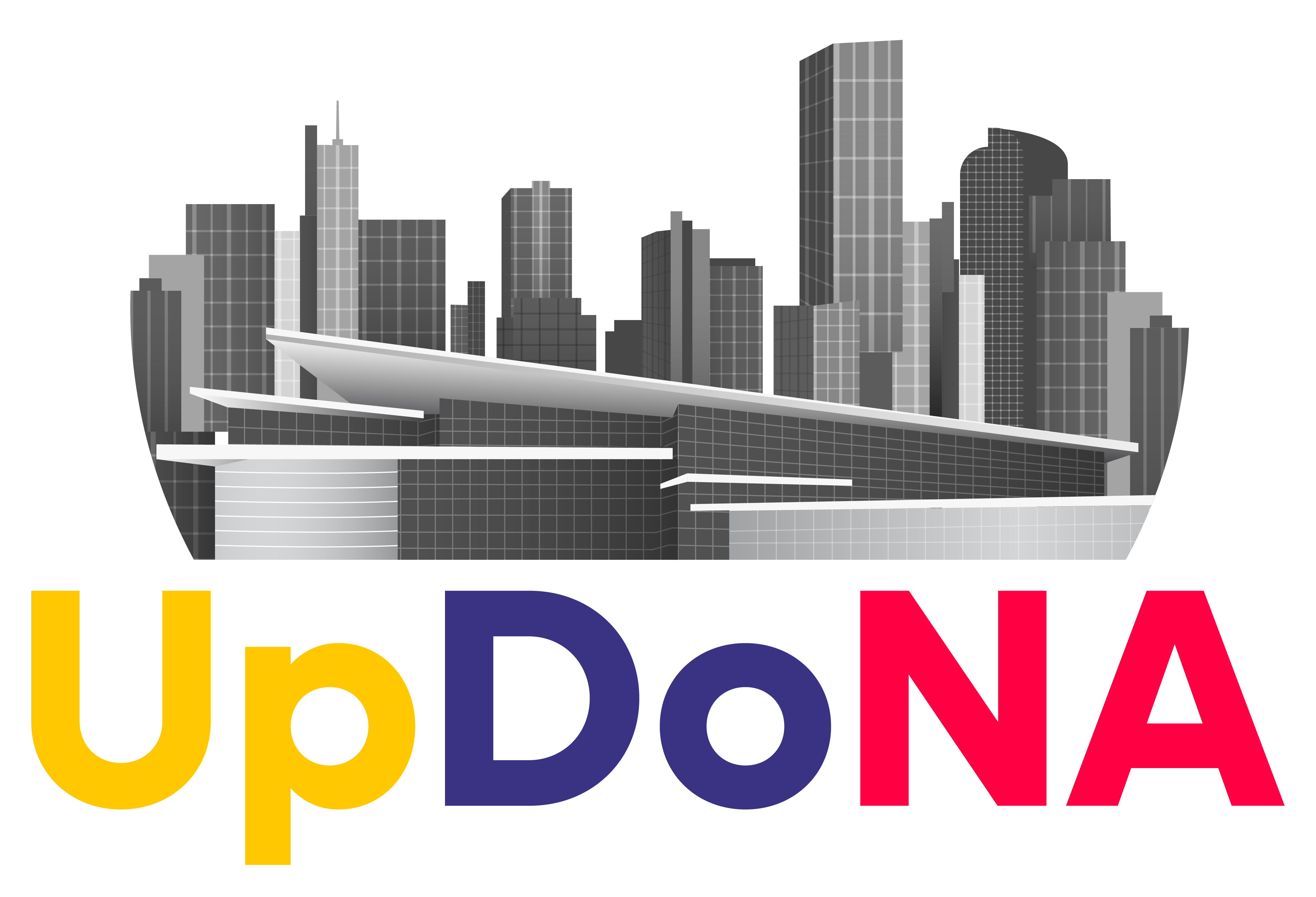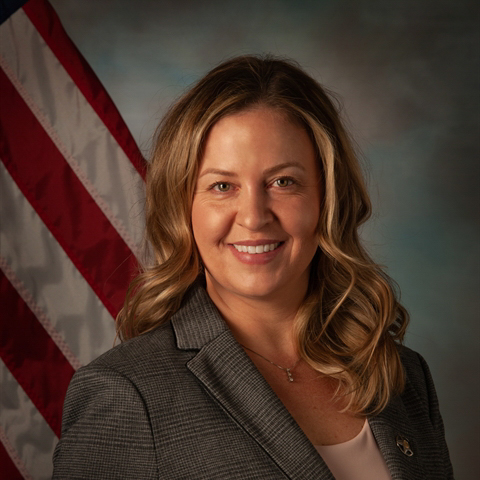Lisa Pope and Rob Squire from UpDoNA’s Safety and Quality of Life Committee, and Melissa Matuska from UpDoNA Cares met with Dr Nikki Johnson on March 1, 2022. Dr. Johnson is Chief of Mental Health Services at the Denver Jail. She was joined by Bruno Martinez who is the Program Manager of the jail’s Medication Assisted Treatment (MAT) program. The purpose of the meeting was to learn about the MAT program that is run for inmates here in Denver.
There are MAT programs in many counties in Denver, but not in all. Denver’s program is particularly focused on those with opioid addiction resulting in drugs such as Fentanyl.
When someone is incarcerated, they are evaluated for possible entry into the program. If someone is only going to be in jail for a short time, they are prioritized so that they are evaluated before being released. There are several requirements. First and foremost, they must have a desire to enter the program; no one is forced to accept it. They also must have a previous medical diagnosis for an Opioid Use Disorder (OUD) or Alcohol Use Disorder (AUD), and the county that they will be released to must also have a MAT program.
While incarcerated, program participants receive one of three medications: Vivitrol, Naltrexone, a/k/a Vivitrol, or Suboxone. The medication is always administered under the supervision of a nurse. There are also social workers available for counseling.
Following their release, an appointment is made at a MAT clinic for follow-up treatment. Transportation is provided to the treatment center, if necessary, in the form of a bus ticket, Lift, or taxi vouchers. Follow-up care is performed by the chosen center. Denver Health is one of the possible treatment centers. If they patient can’t afford to pay, Denver Health never turns anyone away, and they will receive treatment at no cost. In addition to receiving needed medications, the MAT clinics provide licensed counselors for mental health and substance abuse counseling. It should be noted that Denver Health is not reimbursed for treatment of MAT patients who are unable to pay for treatments.
In Rhode Island’s MAT program, all follow-up care is provided by a non-profit organization called CODAC Behavior Healthcare. Because all the data is centralized in CODAC, the success rate is easy to track, and they claim a 93% success rate with success defined as patients continuing to be drug-free 5 years after release. Since Denver’s follow-up care is decentralized, there is no single entity providing that care for Denver inmates, and the success rate of Denver’s program isn’t known. This is also due in part because it is hard to track released inmates who often don’t have phones, transportation, or steady housing. However, success rates are measured in different ways. Dr. Johnson and her associates feel that simply getting someone into the MAT program is a success.
Dr Johnson said that the program is very popular with prisoners and there is more demand than availability. Prisoners who do not meet the eligibility criteria are usually very disappointed. Mayor Hancock’s new Public Safety Action Plan calls for the development of a dedicated pod in the county jail for those in the MAT program. This pod would enable inmates in the program to be housed together and not in the general population. Drugs are routinely brought into and used in the jail making it difficult for an inmate who has opted into the MAT program.


